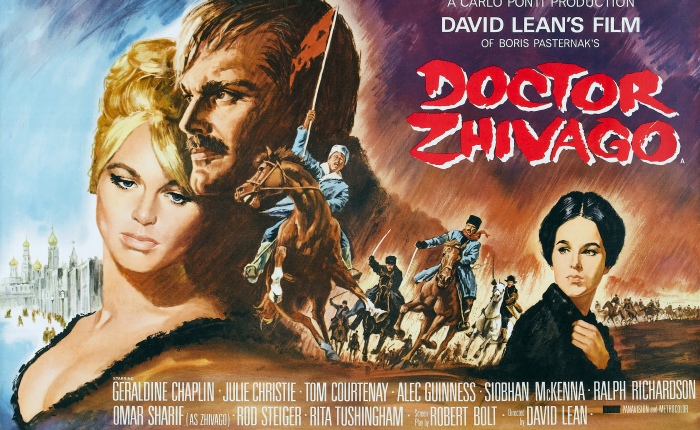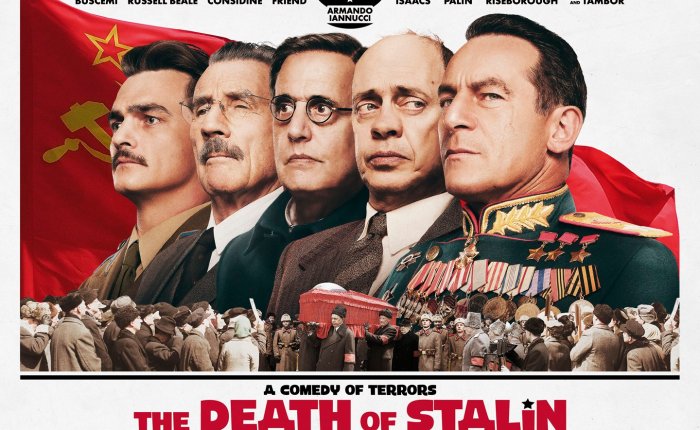I am not yet sure if this is an advantage or a disadvantage of rural life. Out here in the wilds we have a lot less choice when it comes to entertainment. Basically there is less choice because there is a lot less on offer. There are no multiplex cinemas with five screens, with three showing times, 3D films and surround sound. At our local cinema there is one screen (some home plasma TVs are larger) and we used to have to stack the chairs after a show (but following some grant money this is no longer necessary). We feel blessed as within a mere 45 minutes drive we have the choice of two cinemas. These will not be showing the latest releases, as they can’t compete with the cost that entails, but they will be showing fairly recent films interspersed with some more eclectic choices (and some live-screened events).
We have two theatres, open occasionally, within an hour’s drive which tend to show local productions or the occasional Arts Council funded project. We have a handful of restaurants and pubs locally. If we want more than this then we need to plan, as it is going to entail considerable travel, quite a bit of expense, and possibly an over-night stay.
We therefore have some choice; not a great deal, but not none. Sometimes I feel disadvantaged when I watch the trailers for new films, or advertisements for hit shows and concerts, on the television as I know they are not going to be available to me. My choice won’t include them. My choice will be the smaller range offered by our local providers and whatever the community groups have arranged locally.
I have family who live in central London and have an unimaginable range of choice of an evening. There choices are difficult – “Shall we go to the opera, or the theatre, or that jazz club, or the rock show in the O2 centre ? Or shall we just see that exhibition and go for a meal ? Should we have Indian, or Malaysian, I really like Armenian food, though there is also that lovely Lebanese restaurant. You know the one we went to when Korean restaurant was fully booked ?”. I don’t have this problem, thankfully. Our decision is more often “Shall we go to that concert, or not ?”
The advantages of choice are clear. We all like to make decisions to try and choose options which are best for our own personal tastes. Whether it be what we eat, what books we read, what clothes we wear, where we live, what music we listen to – we like to make the decisions ourselves and have a range of options while we do so. If all our needs and pleasures were adequately met, but we did not do the choosing, we would feel our lives empty and unfulfilled. We need to choose to show ourselves that we are alive. The worst aspect of prison life is the loss of autonomy and control, which is just another way of saying the loss of choice. So, out here in the sticks, we are quite disadvantaged by the lack of choices we have in terms of entertainment. But I am not sure that this is entirely a disadvantage.
I am not sure that more choice would actually help me a great deal. I am a ditherer and I worry I wouldn’t go out as much if I had too wide a choice. I could get paralyzed with indecision. I do feel jealous at times, but only occasionally. I am very, very good at cognitive dissonance and convincing myself I am happy with what I have. I am better than Aesop’s fox when it comes to knowing that grape’s are sour. I don’t need the full range of options I’ll be happy with something – I don’t need larks’ tongues in aspic, I’ll make do quite happily with corned beef hash. So I feel that, while I like choice, I only want a certain amount; enough that I have to choose between things, between things that are different enough to make it worthwhile choosing, and not from too many choices (So that I don’t spend the evening bored and annoyed, wishing I’d chosen the other option which would clearly have been better than that which I have now). From a smaller range of choices I select faster and more definitively. I feel more confident in my choice and, I think, less likely to have feelings of regret that I opted for the wrong thing.
But there is one other aspect of our reduced choices that I feel may be an advantage. When there is a large menu of options it is likely that you will find something that you know is to your taste. The choices here are often much more limited and reduced to “this thing” or “nothing”. This means often you opt for “this thing” not knowing whether it will be to your taste or not. So, paradoxically, because of reduced choices you end up making more adventurous decisions.
This was my choice tonight. I like jazz fusion, progressive rock, classical, and folk music. I have fairly catholic tastes. But my choice this evening was “Sacred choral music” or “nothing”. I opted for the ‘sacred choral music’ and went out to a church in a nearby town to hear a choir who had traveled from Russia to perform in country churches and halls throughout Wales. This was my first time at such a concert. If I had been given more choice, for example were a Zappa tribute band playing, then I would not have gone to listen to Voskresenije Choir of St Petersburg on their Ressurection tour.
This is how I found myself in a local church on a weekend night listening to an 8 piece Russian choir. the voices of the four men and four women were excellent, all soloists in their own right but coming together to make something that transcended the individual voices. It was fascinating to hear the differences between the male and female voices. The sensations evoked by both, though different, were equally powerful and together they managed to make something separate and even better The evening was split into a first half of sacred music and, after the interval, a second half of russian folk music. All of it was excellent but, surprisingly and against my expectations, I prefered the sacred music to the rest. Perhaps it was the acoustics and atmosphere of the church, or perhaps it was the smell of the traces of incense which heightened the impact of the music, I’ll never be sure. However, I know that if I had been offered more choices then I probably would not have chosen this evening and I would have missed out. I would have chosen something closer to my usual tastes and continued with my narrowed experience. As I told my children when introducing them to brocolli “how do you know you don’t like it, if you’ve never tried it ?” They discovered the joys of brocolli by not having much of a chouce either,


 when we remember the horrors which arise from the left field : the horror of the Gulags, the horror of the cultural revolution in China, or the horror of the killing fields in Cambodia. The totalitarianism of the left has not been kinder than that of the right nor has it been less industrious. They are equally responsible for mass murder and abuse.
when we remember the horrors which arise from the left field : the horror of the Gulags, the horror of the cultural revolution in China, or the horror of the killing fields in Cambodia. The totalitarianism of the left has not been kinder than that of the right nor has it been less industrious. They are equally responsible for mass murder and abuse.